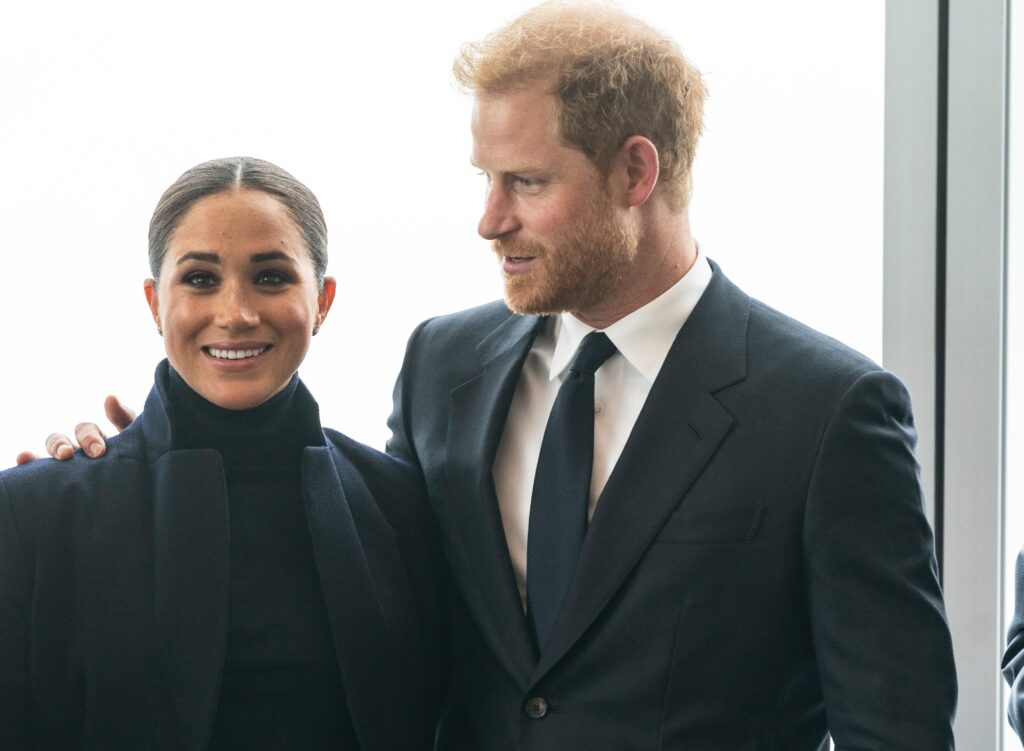The Duke of Sussex has been denied permission to challenge the Home Office’s decision regarding his request to privately pay for security services.
In a ruling on Tuesday, London’s High Court dismissed the legal challenge brought forth by Prince Harry regarding his right to personally finance his police protection while in the UK. This comes as part of a series of lawsuits initiated by the Duke of Sussex in the country.
Prince Harry contested the decision to withdraw his police protection following his departure from active royal duties. Mr. Justice Chamberlain, the presiding judge, rejected the duke’s attempt to review the decision preventing him from utilizing his own funds to cover his security costs.
An additional legal endeavor to reassess the initial determination to revoke taxpayer-funded protection from Prince Harry is currently in progress. According to Harry’s legal team, the decision made by the Royal and VIP Executive Committee (RAVEC) regarding the prohibition of private payment for protective security was deemed unlawful.
Additionally, RAVEC argued that permitting private funding could diminish the availability of a limited specialized resource in situations where it was deemed necessary for the public interest.
As per the written statements submitted to the High Court, the UK’s Home Office argued that the Executive Committee for the Protection of Royalty and Public Figures (RAVEC) expressed the view that it was improper to permit wealthy individuals to “buy” dedicated police officers, including armed personnel, for their own personal protection.
Additionally, RAVEC argued that permitting private funding could diminish the availability of a limited specialized resource in situations where it was deemed necessary for the public interest.
Mr. Justice Chamberlain has declined to grant a judicial review for this claim.
“In my judgment, the short answer to this point is that Ravec did not say that it would be contrary to the public interest to allow wealthy individuals to pay for any police services. It can be taken to have understood that section 25(1), to which it referred, expressly envisages payment for some such services. Its reasoning was narrowly confined to the protective security services that fall within its remit,” wrote Chamberlain.
He added, “Those services are different in kind from the police services provided at (for example) sporting or entertainment events, because they involve the deployment of highly trained specialist officers, of whom there are a limited number, and who are required to put themselves in harm’s way to protect their principals. Ravec’s reasoning was that there are policy reasons why those services should not be made available for payment, even though others are. I can detect nothing that is arguably irrational in that reasoning.”
This legal matter is just one of the numerous ongoing lawsuits Prince Harry is pursuing in the UK. It’s anticipated that he will travel back to London next month to provide testimony in a distinct trial concerning allegations of phone hacking involving the Mirror Newspaper Group (MNG). The trial began on May 10 and is projected to span seven weeks.
UK Tabloid Publisher Apologized to Duke of Sussex for Unlawful Information Gathering
Earlier this month, the Duke of Sussex received an apology from a UK tabloid publisher, acknowledging the use of unlawful methods to gather private information about him. This apology was issued on the opening day of the trial.
The Duke of Sussex, along with three other claimants representing numerous celebrities, filed a lawsuit against the Mirror Newspaper Group (MNG). The lawsuit alleges that MNG’s publications obtained private information through phone hacking and other illicit means, including the involvement of private investigators, between 1991 and 2011.
Mirror Group Newspapers is challenging most of the allegations and has presented arguments in its court filings. They contend that some claims have been filed too late, and they maintain that there is insufficient evidence of phone hacking in all four cases.
Prince Harry and Meghan Continue Legal Battle Against British Tabloids
Prince Harry and his wife Meghan have been engaged in a series of lawsuits against British tabloids, alleging privacy breaches and the publication of false stories. The case against the newspaper publisher is one of several legal battles they have pursued.
Following last week’s car chase with paparazzi in New York, the couple’s spokesperson expressed concerns about the potential “catastrophic” consequences of the incident. Prince Harry and Meghan, accompanied by Meghan’s mother, Doria Ragland, found themselves in the midst of a paparazzi chase after attending the Women of Vision Awards at the Ziegfeld Ballroom. Although shaken by the experience, their security detail confirmed that no one was harmed.
The Duke of Sussex has been outspoken about the security of his family, frequently drawing parallels between his wife’s treatment and the challenges his mother, Princess Diana, faced. Princess Diana tragically lost her life in 1997 due to internal injuries sustained in a high-speed car crash in Paris.

